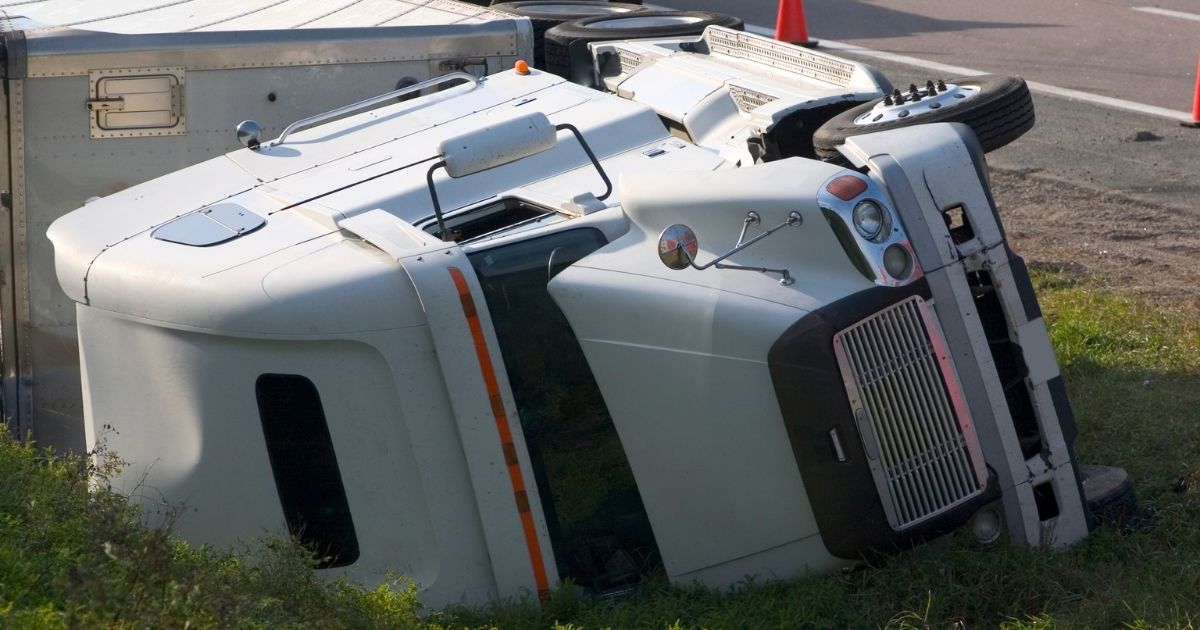One might assume that the truck driver is the best defendant to go after when suing for a truck accident, but that is not always the right option. The responsibility might lie with the employer since they might be an owner/operator or work for a trucking company.
Many truckers are independent contractors, and this means that they are self-employed. The nature of their employment is typically determined at the accident site when drivers and law enforcement officers show their information to each other. When a trucking company or other entity does not employ a truck driver, they could be held solely responsible for what happened.
Things can be different for employee truck drivers because businesses can be held liable when their employees act negligently. In those instances, the company might share responsibility with their driver. These are examples of when a driver might be held fully or partially responsible for an accident:
- Driving under the influence
- Failing to brake
- Failing to secure loads properly
- Fatigued driving
- Making illegal or unsafe maneuvers
- Skipping inspections
- Speeding
When Are Trucking Companies Held Responsible for Accidents?
Truck drivers’ actions are tied to their jobs, from initial hirings to driving schedules and deliveries. When an employer does not properly vet or train a new driver as needed, other drivers can be impacted in severe crashes. The commercial truck driving licensing process is intensive, and the licenses must be current. Ongoing testing and training is also part of running a fleet and is an essential requirement.
Trucking companies can also be at fault when they place unrealistic schedules on truck drivers’ shoulders. The pressure of arriving on time is considerable, particularly during the holidays. Truckers are also supposed to limit their driving days and hours. Another area of concern is maintenance and inspections. Both cost money and trucking companies might cut corners and sacrifice safety.
What Damages Could I Recover After a Truck Accident?
Smaller vehicles involved in large truck accidents generally take the brunt of the damage and their drivers and passengers often experience life-threatening or fatal injuries. Anyone who wants to estimate the costs of economic and non-economic damages or a truck accident might consider speaking with an attorney. They may recommend pursuing an insurance settlement, which is more common than suing in court. Possible damages for a truck accident include:
- Present and future medical costs: This might include surgeries performed after the accident and future costs associated with complications and rehabilitation. Disability can also be part of this.
- Lost wages: Injured truck accident survivors who cannot return to work temporarily or permanently can seek lost wage replacement. If they can only return to work in a position with lower compensation, they could claim reduced earning capacity, too.
- Property damage: Many vehicles that survive truck accidents can be repaired, but others are totaled.
- Pain and suffering: As non-economic damages, the costs of pain, suffering, and emotional damages are more challenging to quantify.
In many cases, truck accidents result in significant injuries and losses. Typically, plaintiffs would go after the trucking company because they have the means to cover these losses.
Our Dayton Truck Accident Lawyers at Wright & Schulte LLC Can Help Determine Liability in Your Truck Accident Case
Contact our Dayton truck accident lawyers at Wright & Schulte LLC if you need legal assistance after a truck accident. To schedule a free consultation, call us at 937-222-7477 or complete our online form. Located in Dayton, Ohio, we serve clients in Cincinnati, Columbus, Cleveland, Centerville, Toledo, Youngstown, and Miamisburg.



